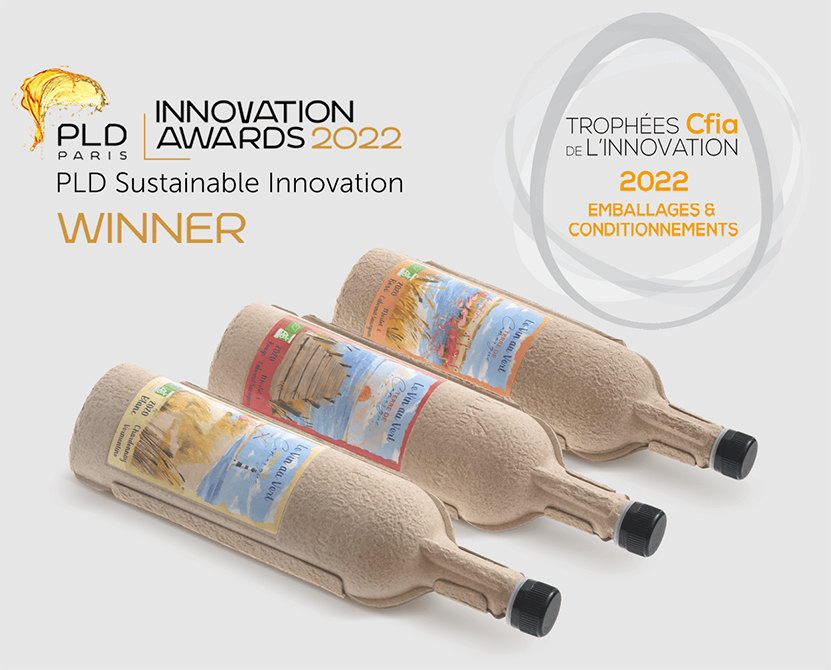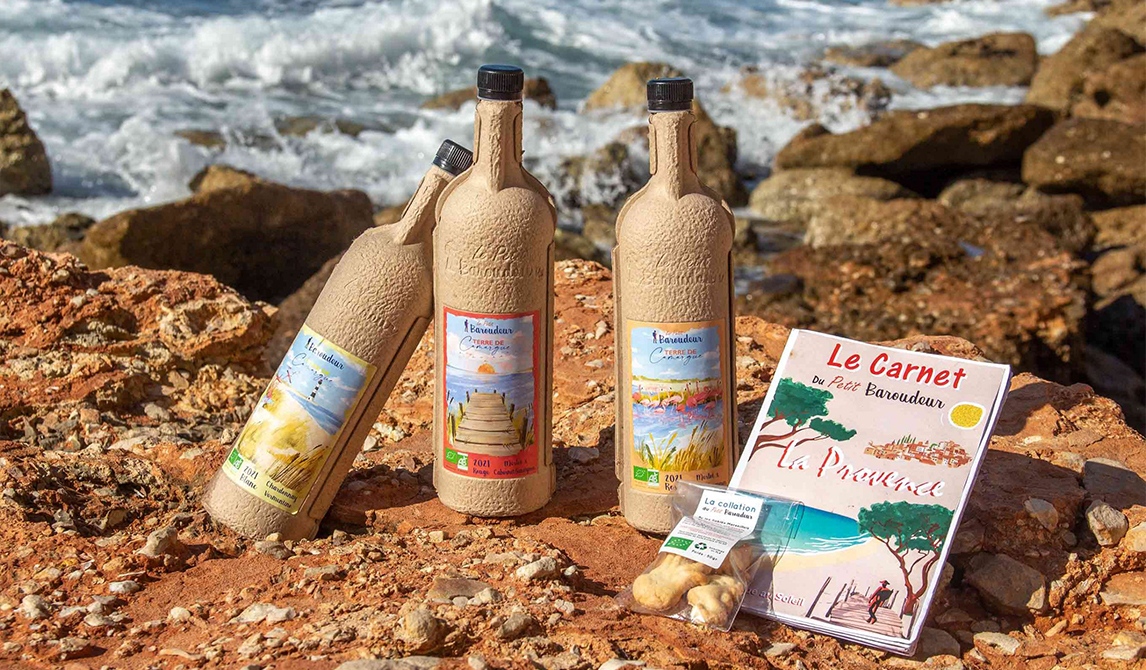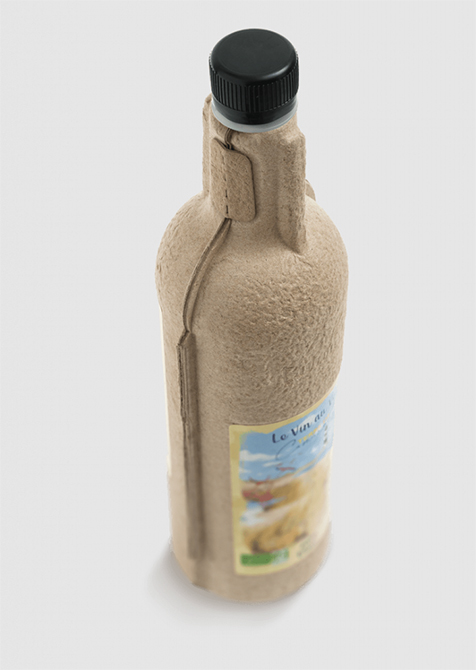- Blog
- Food and Wine
- France
In 2019, French Startup Le Petit Baroudeur Created an Eco-Friendly Wine Bottle. How Far Have They Come?
- 26th Jun 2022
- 1755
- 0

In contrast to common perception, this is not a wine bottle. It's not a bag-in-box either. To indicate that it is a wine container made of moulded fibre into which a flexible bag compatible with recycling channels is put, its creators have coined the term "bio-teille" (a play on the French terms for organic and for bottle). Two young French entrepreneurs created a bottle that should have become the standard for wine storage in the future.

Have you ever considered how much carbon dioxide (CO2) is released while you enjoy a bottle of your preferred vino? The glass used in vintage wine bottles has the reputation of being among the most environmentally friendly because of its practically endless capacity of reuse. However, it is important to keep in mind that glass must be heated to temperatures of up to 1,000°C in order to be melted.
Consider how much power is needed to produce such extreme heat! Glass, being both heavy and easily broken, adds to the difficulties of transporting it, as well as the expenses of doing so. An average glass bottle releases three to five times as much CO2 into the atmosphere than a comparable brick or plastic container. Before releasing their "Bio'teille," Victor Roux and Marin Belorgey performed a research, which found this to be one of the most important results.

The two young French businesspeople founded a company named Le Petit Baroudeur to market their wine packaging innovation in 2019.
Le Petit Baroudeur also won the Sustainable Innovation Award at the Paris Packaging Week 2022.
The two ex-business school students set out to create a wine bottle that would be better for the environment and easier to carry, and they succeeded. Their new bottle produces just 114g of CO2 during manufacture, while the creation of a glass wine bottle produces 502g.
What was their secret? the help of moulded fibre, of course. Pulp is made by combining recycled paper and cardboard with water. It is heated to 180 °C while being shaped and pressed. That's how the Bio'teille's exterior is made. The insert is made of a single sheet of polyethylene, but the design is inspired by the popular "bag in box" style of wine packaging. This is more than just a little improvement; it also makes recycling the bag possible. Also, the cap is constructed from the same material. This makes the bottle eight times lighter and extends the wine's freshness within by 30 percent.

Le Petit Baroudeur advertises itself as "the world's smallest bar" on its website. Le Petit Baroudeur offers a choice of three Camargue wines (a white, a red, and a rosé) so that customers may discover the novelty of the brand for themselves.
They have made it their aim at Le Petit Baroudeur to reimagine the wine bottle and the way it is used.
Specifically, they provide you with organic wines that are both affordable and approachable in the form of their bio'teille, a product of the meeting of tradition and innovation. This wine is meant to be enjoyed in an informal, laid-back setting outside, away from the formality of a formal dining room.
For the introduction, they bottled up 10,000 of their product. This is a lot for a startup, but it gave them the opportunity to expand their product line and collect valuable input from a sizable sample of their target audience during the crucial beta testing period.
Bio'teilles may be purchased directly from the company's website, and by now, it's likely also available in brick-and-mortar stores in your area.
 Namrata Parab
Namrata Parab


Comments
No comments yet.
Add Your Comment
Thank you, for commenting !!
Your comment is under moderation...
Keep reading luxury post